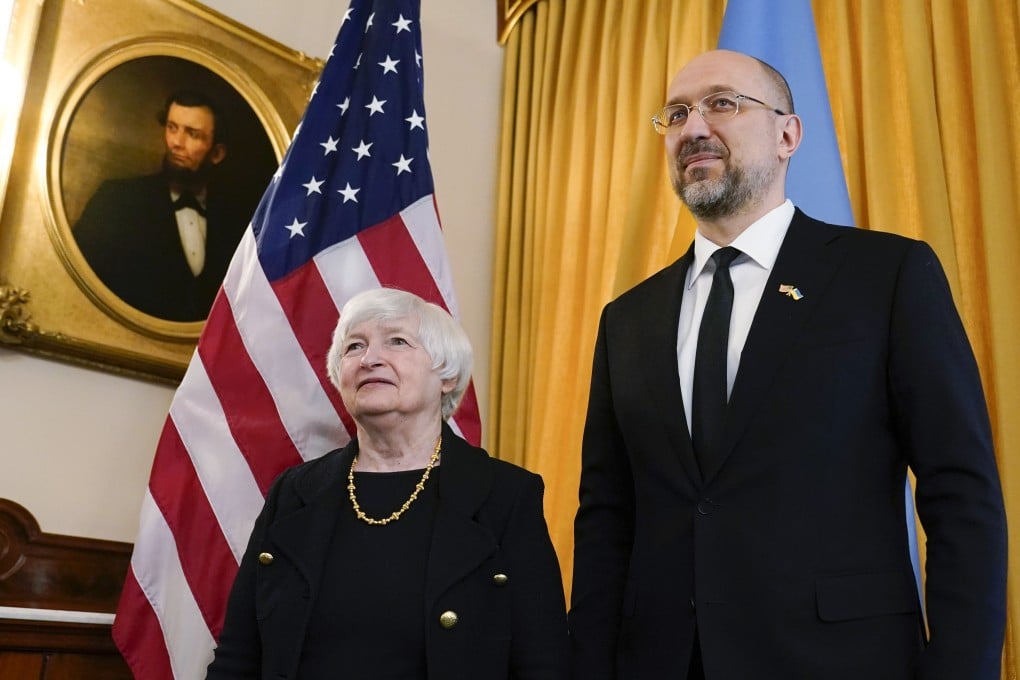Advertisement
The View | US freezing of Russian central bank assets over Ukraine war puts China in a quandary
- The international financial system is based on the trust that all participants will play by the rules, and honouring debt obligations is one of the most important
- If all foreign assets can be frozen in a split second by reserve-currency countries, policymakers should not waste their time with hedging measures like diversification
Reading Time:3 minutes
Why you can trust SCMP
35

In The Economic Weapon: The Rise of Sanctions as a Tool of Modern War, historian Nicholas Mulder reminds us that even when Britain and Russia were savagely battling each other during the 1853-56 Crimean War, they continued to service their debts to each other.
Advertisement
Likewise, when hedge funds launched predatory attacks on Asian currencies during the 1990s Asian financial crisis, they ultimately still played by the rules (even though their unethical behaviour brought some East Asian countries’ economic progress to a halt).
The United States and its allies’ February 28 decision to freeze around half of Russia’s foreign exchange reserves would seem to fall into a different category. Though the US has taken similar actions against Iran, Venezuela and Afghanistan, Chinese economists thought those were exceptional situations and are shocked that the US would implement such measures against Russia.
The international financial system is based on the trust that all participants will play by the rules, and honouring debt obligations is one of the most important rules there is. Whatever the justification, freezing a country’s foreign exchange reserves is a blatant breach of that trust.
The US, which issues the main global reserve currency, is jeopardising its financial credibility for the sake of some elusive short-term tactical advantages. That is a big mistake.
Advertisement
For many years, China’s ability to amass foreign exchange reserves was a symbol of its burgeoning economic success. But this has been a controversial issue since the mid-1990s when China’s reserves reached US$100 billion, because the purpose of trade is not to earn ever-greater foreign exchange reserves, but rather to participate in the international division of labour in a way that improves resource allocation across borders.

Advertisement
